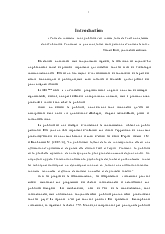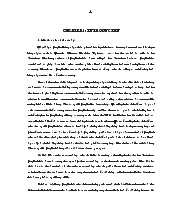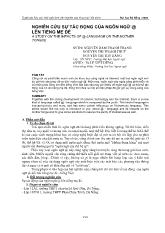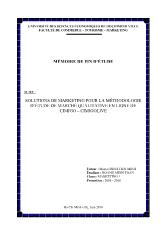Aims to find out if Vietnamese learners and native speakers differ in realizing the speech act of asking for something back in the situations studied
- Người chia sẻ : vtlong
- Số trang : 56 trang
- Lượt xem : 11
- Lượt tải : 500
- Tất cả luận văn được sưu tầm từ nhiều nguồn, chúng tôi không chịu trách nhiệm bản quyền nếu bạn sử dụng vào mục đích thương mại
Bạn đang xem trước 20 trang tài liệu Aims to find out if Vietnamese learners and native speakers differ in realizing the speech act of asking for something back in the situations studied, để xem tài liệu hoàn chỉnh bạn click vào nút DOWNLOAD LUẬN VĂN ở trên
In the past few decades we have witnessed a big change in language teaching and learning.
That is the appearance of ‘communicative approach’ to language teaching and learning, which
puts a strong emphasis on master of language use. That is to say, language is viewed as a
means of communication and uses of language play a central part in language teaching and
learning (Brumfit and Johnson 1979). Focus on learners’ language use also means that
communicative approach takes priority over pragmatic competence, one of the four sectors of
communicative competence (Hymes 1972 in Brumfit andJohnson 1979). Much research on
pragmatic competence on the basis of diverse speech acts and speech act sets shows that
pragmatic competence plays a decisive role in learners’ communicative competence
development because it results in appropriateness and effectiveness in interactions, the goal in
learning a second or foreign language. Second or foreign language learners (L2 learners) can
approximate native speakers only when they master rules of language use that underline the
ability to use language in contextually appropriateand effective ways. Given these facts, L2
learners in classroom setting should be pragmatically aware and pragmatically competent.
However, in the language learning setting in Vietnam learners’ pragmatic competence seems
to be given less consideration than other aspects of language teaching. This can be manifested
through the examination of some types of speech acts taught in some teaching materials in
Vietnamese junior high schools. Let’s take some examples. In grade 7 English coursebook
some speech acts such as requests, gratitude, invitations, refusals, complaints or compliments
are introduced to learners, and they are taught along with other language items. However, the
matter lies in the fact that they are paid less attention to while they must have got much focus
on. Furthermore, the teacher, when teaching these types of speech acts, only introduces the
semantic formulas of these speech acts, then asks learners to try to make utterances basing on
the formulas. For example, in teaching invitations and responses in unit 6 on pages 66 and 67,
the teacher writes on the board the formulas such as Would you like to ?and Yes, I’d love
to for agreement and I’m sorry. I can’tor Yes, I’d love to but for refusal.




